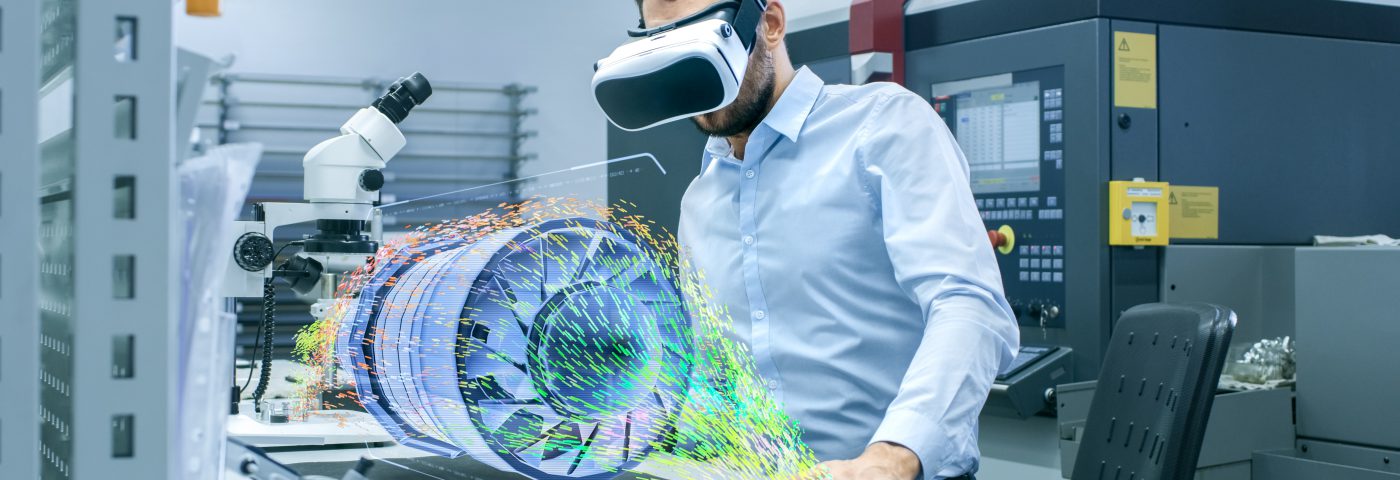Artificial intelligence (AI) is something all of us have heard of, but what exactly is meant by “AI” and what’s it got to do with the travel industry?
In 2020, accepted definitions of AI include “the field of computer science dedicated to solving cognitive problems commonly associated with human intelligence”. Or more simply, the “general concept that machines can be ‘taught’ to mimic human decision-making”.
Machine learning, deep learning, natural language processing, big data, pattern recognition are all subsets of AI.
Thinking about travel
The traveller’s path to purchase is another familiar phrase in the travel industry Decisions – where to go, when, how much to pay – are made at every stage. And in-destination, there are more decisions – room service or hotel bar, shops or museums, cab or metro.
With so many decisions to be made, it is little surprise that in 2020 the travel industry is leading the way when it comes to not only finding use cases for AI but also implementing them.
Travellers increasingly want their travel experience to be personalised and AI is underpinning the growth in this trend. In 2020 however, the talk is now of “hyper-personalisation,” using AI to curate options precisely to the individual’s needs, based on implied and inferred preferences.
In turn this leads into the idea of a “super-app” – a single icon on a smartphone which when clicked gives the traveller access to absolutely everything they need and from where they can service their trip, in real-time.
Here and now
Super-apps are some time away but there is a lot of AI already out there in travel. Airlines are starting to see the benefits of chatbots – virtual assistants with whom passengers can interact, on the messaging platform of the passenger’s choice.
The most sophisticated airline chatbots have machine learning built in so that the bots get better with every exchange. Some are now connecting their chatbot to their reservation systems and booking engines.
Conversational commerce will get a lot of attention in 2020, and it’s all underpinned with AI.
Destinations are also using AI to help deal with the challenges around over-tourism. The marketing industry’s adoption of AI has the potential to drive travellers’ attention away from the hotspots to the backstreets.
Similarly, tourism authorities are feeding data into many smart city initiatives taking place around the world. AI-based analysis of this and other data can improve how a city functions for not only tourists but also residents.
Conclusion
The travel industry was an early adopter of technology and became one of the most successful ecommerce verticals during the first twenty years of the internet. The industry continues to drive innovation across today’s exciting and complicated digital landscape, including AI.
The business case for what AI can do to the bottom line is undeniable. “The potential AI impact [in travel] can more than double what is achievable using traditional analytic methods, amounting for between 7 – 12% percent of total revenue for the industry,” says McKinsey.
The fact of the science is that AI will continue to get better at whatever it does because it learns as it goes. The hyper-personalized recommendations based on analysing a traveller’s digital footprint will become even more precise over time.
A caveat however is that, for now at least, humans need to be on hand if the machines can’t help. However sophisticated the airline chatbots get, there will always be the option to talk to someone.
You may also be interested in…
- 5 rules for handling guest email addresses
- Now is the time for technology that works
- Could Zoom be the future for travel agencies?

